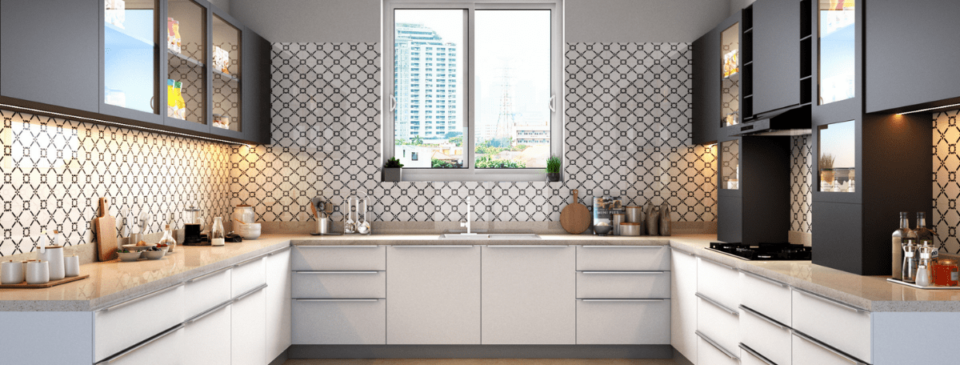When planning a kitchen renovation, it’s essential to understand the distinct characteristics of modern and contemporary kitchen designs. Knowing these differences can help you make informed decisions and achieve the kitchen of your dreams if you are considering Kitchen Renovation Brampton or Kitchen Renovation Mississauga. Each style offers unique benefits and caters to different tastes, making it crucial to choose the one that aligns with your vision and lifestyle. This guide will help you identify the top five key differences between modern and contemporary kitchens, aiding you in making an informed decision for your renovation project.
1. Design Philosophy:
Modern kitchen designs, which originated in the mid-20th century, emphasize functionality and simplicity. They often feature clean lines, minimal ornamentation, and an uncluttered look. The Bauhaus movement heavily influences the design and tends to focus on practicality, efficiency, and geometric shapes.
Contemporary kitchens are more fluid and adaptable, reflecting the current trends and technological advancements. Unlike modern kitchens, which adhere to a specific period’s style, contemporary kitchens are ever-evolving. They combine many elements from different styles and eras, often incorporating the latest innovations and materials.
2. Color Schemes:
Modern kitchens often have a neutral colour palette. White, black, grey, and beige are popular, with occasional bright accent colours to create a dramatic contrast. The emphasis is on establishing a quiet and ordered atmosphere.
Contemporary kitchens are colourful. They may include strong colours such as teal, scarlet, or yellow among neutrals. Color schemes may be changed to reflect current trends, providing greater flexibility and personalization.
3. Materials and Finishes:
Materials in modern kitchens are often natural or industrial, such as wood, stainless steel, concrete, and glass. Finishes are typically matte or satin, providing a sleek and understated look.
Contemporary kitchens incorporate various materials, including recycled and eco-friendly options. High-gloss finishes, textured surfaces, and mixed materials (like combining wood with metal or glass) are common. This approach adds depth and interest to the kitchen design.
4. Technology and Appliances:
While modern kitchens do incorporate technology, they tend to focus on streamlined and built-in appliances that do not disrupt the clean lines and overall simplicity of the design. The technology is functional but not necessarily the focal point.
Contemporary kitchens often showcase the latest technology and smart appliances. Touchscreen controls, smart refrigerators, induction cooktops, and integrated charging stations for devices are typical. Technology in contemporary kitchens is both functional and a design statement.
5. Flexibility and Customization:
Modern kitchens feature a more strict design philosophy, according to the ideals of mid-century modernism. While functional and visually beautiful, there is little possibility for customization beyond the colour palette and finish options.
Contemporary kitchens are incredibly adaptable and may be adjusted to the homeowner’s unique needs and preferences. They may readily add personalized components, such as customized lighting fixtures, bespoke cabinets, and layout adjustments. This versatility enables contemporary kitchens to accommodate various preferences and lifestyles.
Conclusion:
Understanding the differences between modern and contemporary kitchens can help homeowners choose the design that best suits their needs and preferences. Modern kitchens offer timeless simplicity and efficiency, while contemporary kitchens provide the freedom to experiment with current trends, technology, and personal style.
For your next Kitchen Renovation Brampton or Kitchen Renovation Mississauga project, consider Aura Kitchens and Cabinetry. Their expertise and commitment to quality will help bring your kitchen vision to life, blending functionality with stunning design.





